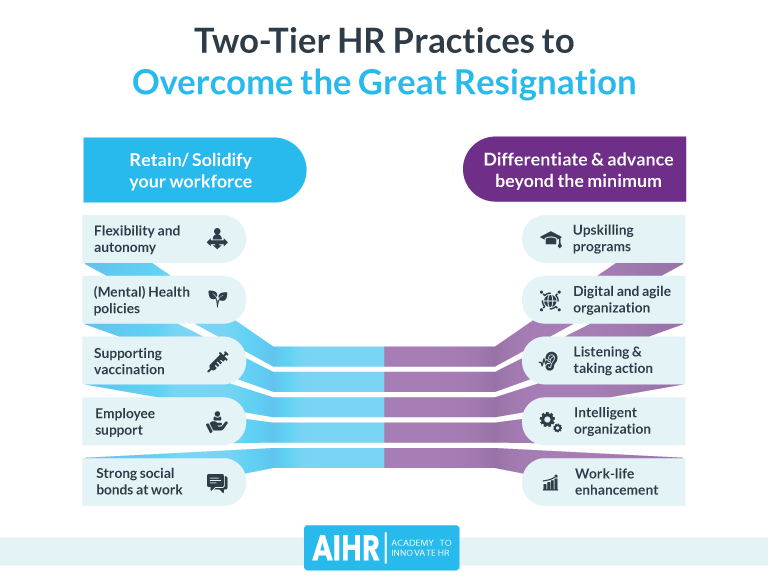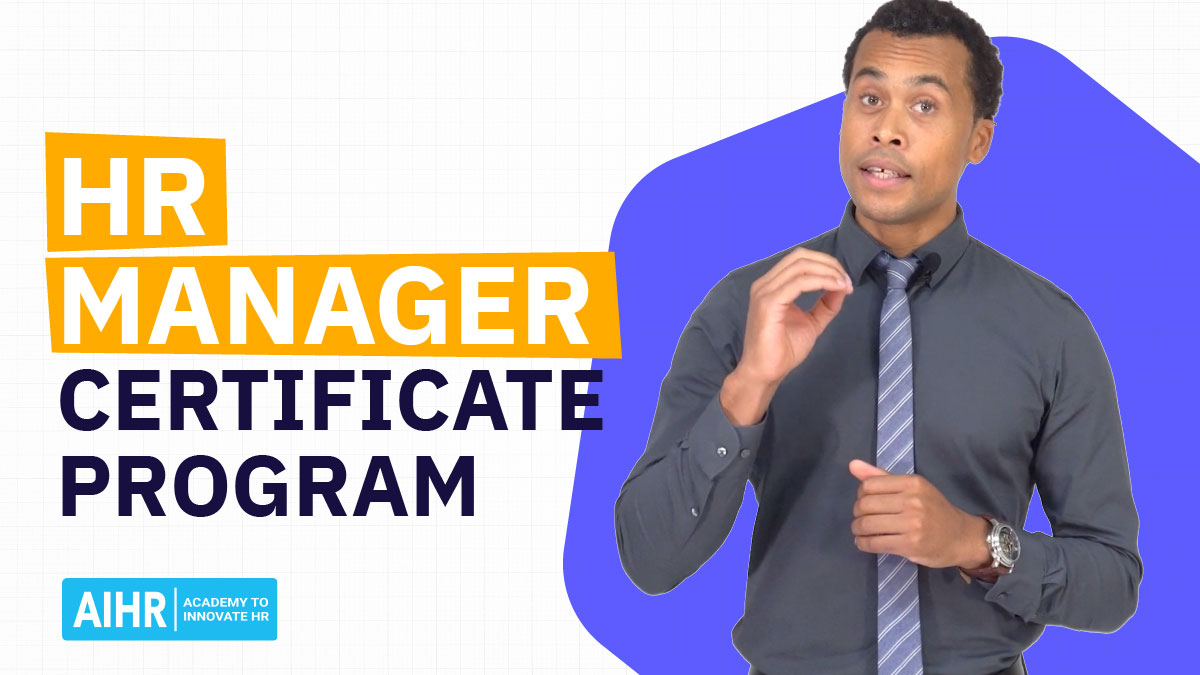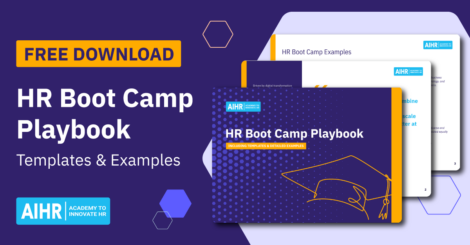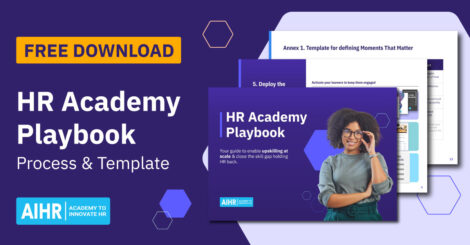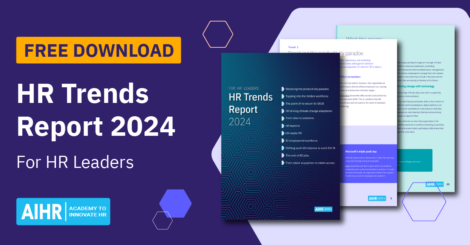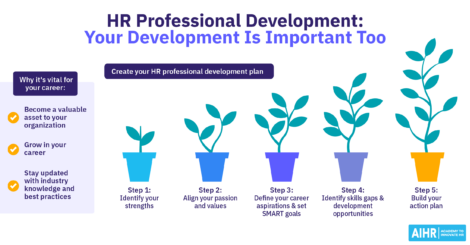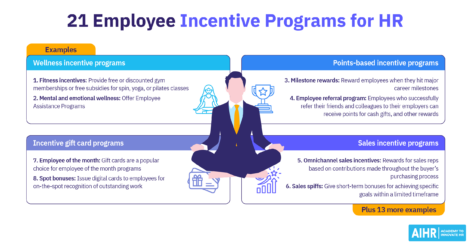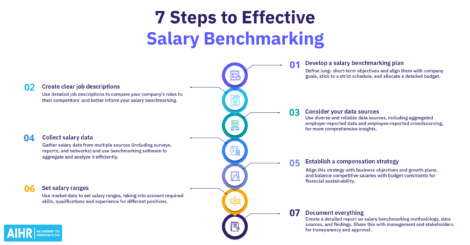From Great Reopening To Great Resignation Of Employees

There’s no denying it; nothing in the post-pandemic era of work will be the same. Many of the employees who left their offices to work from home in early 2020 have fundamentally changed. So much so, that the companies that now want to return back to normal are finding out that their employees don’t. In fact, many of them don’t want to return at all.
Consider this trend:
Up to 40 percent of the global workforce are considering leaving their employer this year.
Now, combine that with the fact that 69 percent of employers globally – a 15-year high – are struggling to find workers with the right set of skills and you get a massive headache for companies and their HR departments.
Not only are businesses struggling to get new talent which is in short supply, but a big portion of the talent they already have is thinking of leaving them.
And so they’re quickly having to switch gears. From being worried about reopening their offices and operations to now being even more concerned about keeping their operations and business going once they do reopen. This requires a more strategic approach from HR departments than just focusing on the day-to-day business and seeking simple silver-bullet solutions.
So is the answer to all your problems more flexibility?
The Great Resignation is already happening. In the United States, 4 million people quit their jobs in April alone. The reasons are manifold including people reconsidering their career paths, wanting to take time off after COVID-19 to focus on themselves in search of a better work-life balance, or they just simply don’t feel they have enough flexibility at work now that their offices are being re-opened.
The latter reason is particularly acute. One third (33 percent) of the UK workers have said they would quit their current job if the employer would not allow for flexible work. This figure is even higher for younger workers with 49 percent of Millennials and Gen Z’ers globally saying they would do the same if forced to return to office work full time. This represents a major shift.
So the answer seems obvious. Give people more flexibility and all will be fine, right? No. Not right.
The solution to the Great Resignation is not as simple as it seems
Flexibility isn’t a silver bullet. Sure, most of us want the flexibility to choose where we work (and we all want different things – see the infographic below), but flexibility alone won’t make us feel satisfied or productive at work.
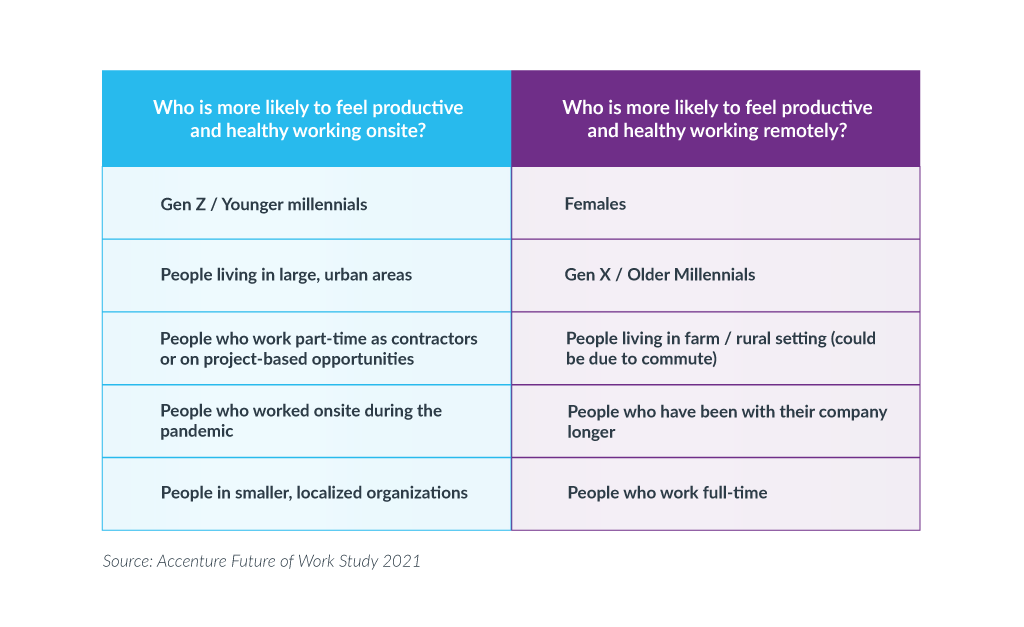
According to Accenture’s recent findings, oftentimes, what determines people’s satisfaction has less to do with where they work and more to do with having all the resources they need to be productive.
In fact, about 40 percent of us can be productive in both onsite and remote settings provided we get the necessary support.
So the solution to the biggest current challenge for CHROs is not as simple as bringing in more flexibility. Thus if you are among the many business leaders who are asking the question of how to make remote work more possible for your employees post-pandemic, you’re asking the wrong question – or rather an incomplete question.
Turning the Great Resignation into an opportunity
The key to any company’s success faced with the Great Resignation is this: how do I redesign our workplace to provide a smooth transition towards a more flexible way of working while leveraging the changes to provide lasting impact?
That’s why CHROs and HR leaders should focus as much of their attention on providing individual and organizational resources to employees as they do on providing flexibility. It is about looking beyond the imminent challenges and creating a more strategic approach.
Using Accenture’s list of necessary resources, we have created two types of HR practices exemplified through different action points. The first type supports the idea that your HR department should solidify your workforce to ensure that people who already work for you, stay working for you also in the future. The second requires more innovation and focuses more on helping your organization become attractive enough to pull in new employees that you will need for your future growth.
A successful company in the post-pandemic economy will need to invest in both sets of practices and resources.
By giving people flexibility, autonomy, and ownership of their work, by ensuring your workplace has sufficient health and mental health processes in place and by encouraging strong social bonds at work, you will make it more likely that your employees will be more productive and will feel more satisfied. This will reduce their likelihood of leaving your organization.
But that alone won’t be enough. If the pandemic has taught us anything, it is to move beyond mere flexibility and shape workforce practices that create lasting value for the employee and the organization.
As a CHRO who wants their organization to thrive, not only survive in the post-pandemic era, you will equally want to look for opportunities that will give your company a competitive advantage by tapping into new external talent pools. This is what we refer to as ‘differentiating’.
Offering upskilling programs for employees, developing their digital skills, building an intelligent and agile organization and fostering leadership that listens more than it prescribes, are some of the things that will help your company thrive in the months ahead and attract new and much-needed talent. I have explained some of these more in detail in my previous article.
By both solidifying your existing workforce and by differentiating your organization to attract new people, you will be able to turn the current biggest challenge, the Great Resignation, into a great opportunity and thrive in the new future of work.
Are you a CHRO and you’re struggling to upgrade your organization for the post-pandemic era of work? The best place to start is your own skills. At AIHR we have developed an HR competency model that is designed to help HR professionals interested in making their own career and their organization thrive in the hybrid world of work. You can test how equipped you are already through our assessment tool.
Weekly update
Stay up-to-date with the latest news, trends, and resources in HR
Learn more
Featured content from AIHR Academy
Related articles
Are you ready for the future of HR?
Learn modern and relevant HR skills, online




